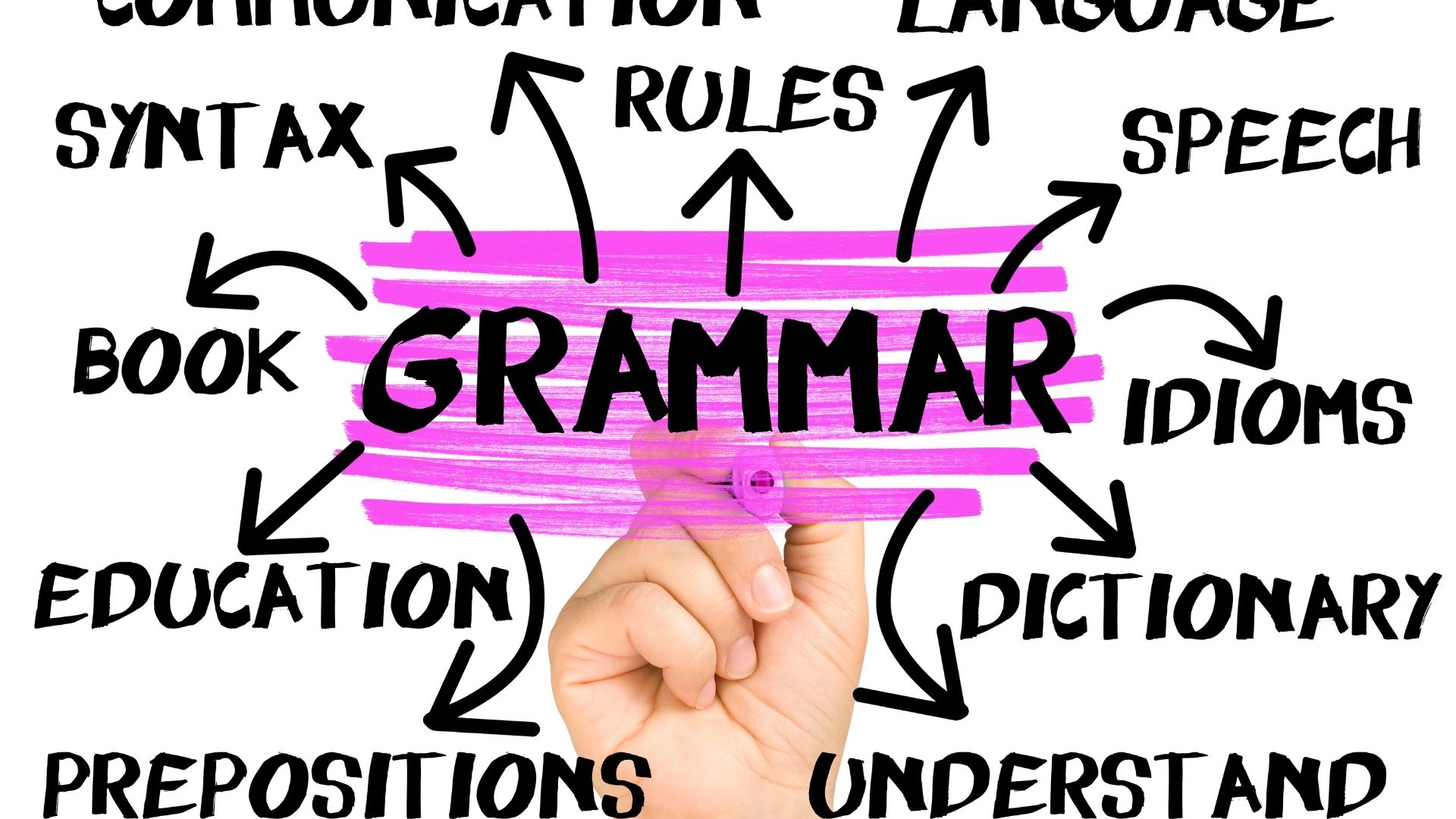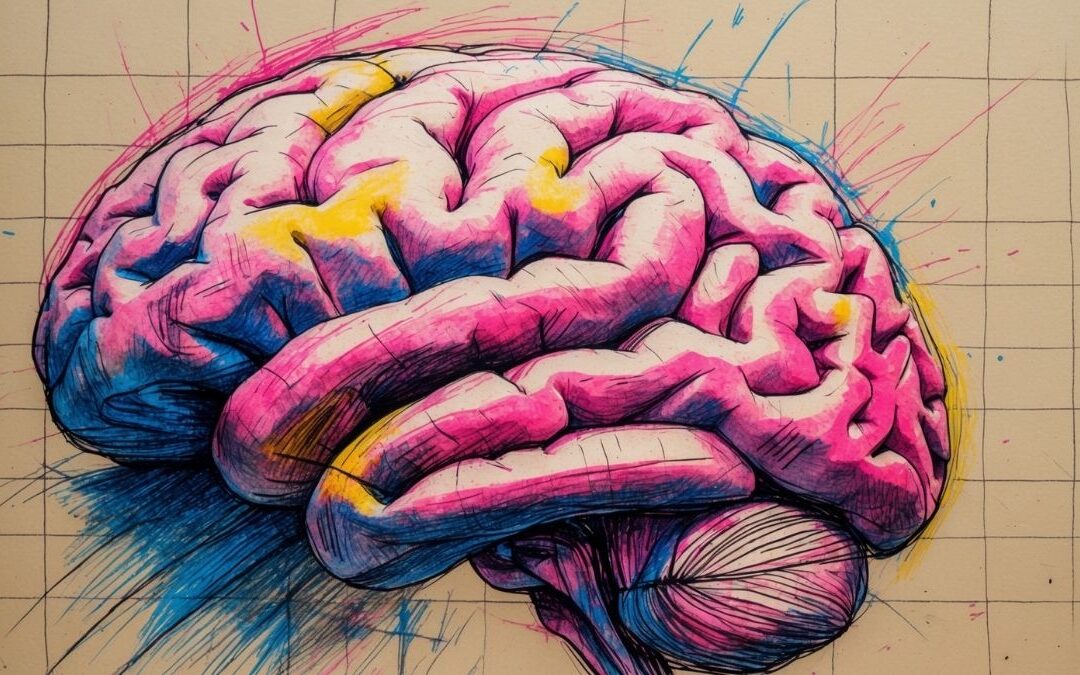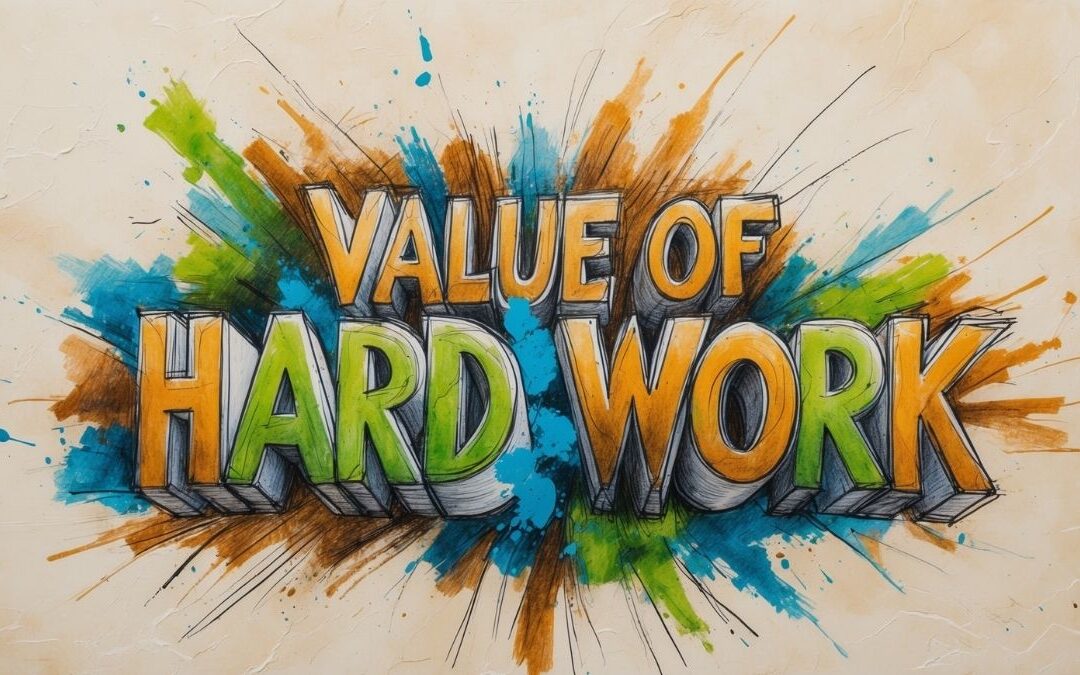Introduction
Learn about the past simple and progressive in this new Grammar Course episode from English Plus Podcast. In this episode we finish Chapter 1 and we have many exercises on the website for you to practice what you have learned, so don’t miss out on the opportunity to cement the knowledge you gained by doing the exercises I have prepared for you.
Audio Podcast
Simple Past Tense
So the past simple seems to be a very simple tense. We use it when we want to talk about things that happened and finished in the past with no relation to any other actions necessary. However, there is something special about the past simple and that is while we add -ed to most verbs to make them past simple, some verbs are irregular and have no rule whatsoever. The best way to learn these is to keep a list at hand and check the list whenever we encounter any new irregular verb. That’s much better than memorizing all the irregular verbs out of context.
The second important thing about the simple past is the form. We use did as the auxiliary verb to make the past simple tense, but we don’t need it in affirmative, only in negative and questions and when we use it, we keep the main verb in its original form or infinitive form without adding anything to it or changing it in any way.
e.g.
I went to the cinema.
I didn’t go to the cinema.
Did you go to the cinema?
Exercise 1
Exercise 2
Simple Past vs. Past Progressive
We use the past simple to talk about one event that happened in the past or a sequence of events, but when we want to say that something was in progress in the past when something else happened, we use the past progressive.
e.g.
I was walking down the street when I met Alina.
And here using the simple past or past progressive can be tricky, especially in showing the actual sequence of events.
e.g.
Deepak stood under a tree when it started raining.
(In this example, it started raining first, then Deepak stood under a tree.)
Deepak was standing under a tree when it started raining.
(In this example Deepak was standing under a tree first, and then it started raining)
So the difference are not big but important to know to get rid of any misunderstanding we may encounter, and that gives us more tools to play with to express ourselves better.
However, that doesn’t mean that we need two actions within the same sentence to ever use the past progressive. All it takes is a specific time in the past and that there was something or some action in progress around that time.
e.g.
Yesterday at 10 o’clock, Susan was having dinner.
One last point here is that we can use the past progressive in both parts of the sentence if both actions are in progress at a specific time in the past.
e.g.
I was watching TV when Omar was studying.
Here both actions were happening and in progress at the same time in the past.
Exercise 3
Exercise 4
Unfulfilled Intentions
We can use was/were going to to talk about past intentions. Usually these are unfulfilled intentions, which means activities someone intended to do bu did not do.
e.g.
Adnan was going to go to the movies last night, but he changed his mind.
There are other ways of expressing unfulfilled intentions in the past. We can use the past progressive form of the verbs help, hope, intend, and think about.
e.g.
I was planning to go, but I didn’t.
I was thinking about going, but I didn’t.











1 Comment